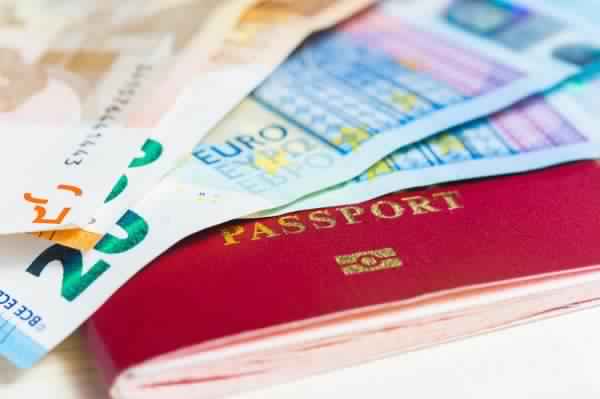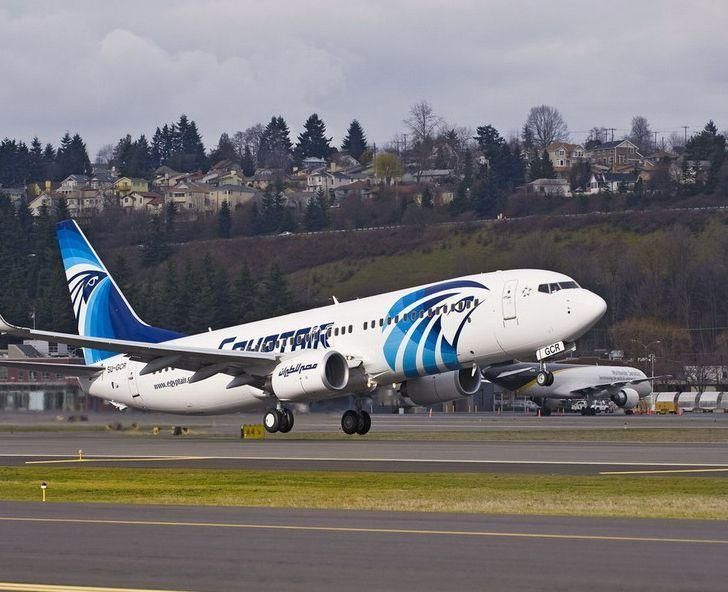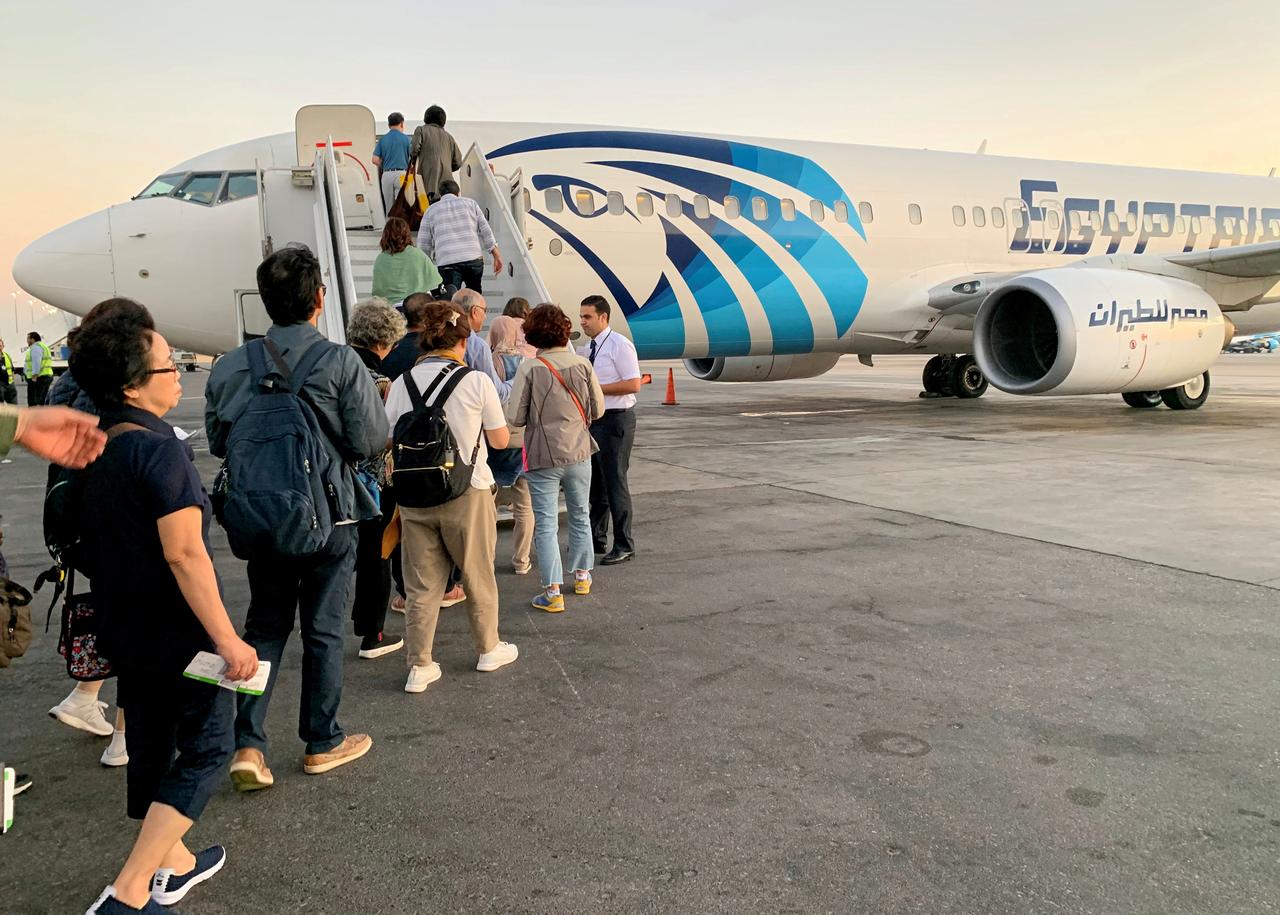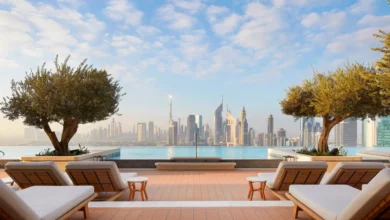Norman Rush’s novel “Mating” is one of those terrific books that suffers from any attempt to summarize its plot. It involves, but is far from limited to, a nameless female anthropologist performing Herculean tasks in an experimental utopia deep in the Kalahari desert in order to prove to the founder of this utopia something the reader sees quite clearly from the beginning: that she is good enough for him. Nelson Denoon, Rush’s secluded intellectual, has theories about everything from Shakespeare to latrines, and in the course of reading the novel these theories, and the long, idealized bouts of flirting they comprise, become more and more convincing. Like the narrator, the reader believes it: here is a brilliant man.
Denoon’s theories about travel come up on page 122 (at least of the 1991 Vintage paperback), about one page before his love interest has arrived via a fast-moving, rickety truck in Kang, Botswana–"I was still vibrating and still a blur"–and a few pages before she departs on a mission through the desert with two donkeys, a map marking spots to get water, and a pack of necessities including a mirror to Tsau, the village, founded by Denoon, meant to be a female-run, self-sufficient and superlative case of development on track.
Denoon despises travel. “Of all the enthusiasms, the one for sheer travel was the one he claimed to find the most boring. You could rarely if ever get a travel buff to tell you one thing to interest, he would say. They can tell you the names of the places they've been and the number of places they've been. If you're lucky they can tell if some place was fabulously cheap or criminally expensive. The quintessence of it was something Robert Louis Stevenson wrote, to wit, I travel not to go anywhere but to go, which was imprinted, fittingly enough, on the paper Banana Republic wrapped your purchases in."
Like a lot of Denoon's revelations, it bares its breeding. In the vacuum of Tsau, told to a rapt woman wrapped in his bed-sheets, such convictions are hardly field-tested. But there's a lot of truth to it. Travel, and the hundred-dollar cargo pants sold at Banana Republic, is an industry disguised as an escape, with enforced anti-productivity and/or faux-relaxation. Travel is a competitive sport. It is exhausting, it causes anxiety. It is overly anticipated and over too quickly. We do it because, if we have the means to, it is an imperative to proving yourself a curious and open-minded person, of showing the world (or at least your office) that you are worldly, which is often just a synonym for wealthy. And as it becomes more accessible and options become vaster the sport gets more extreme.
Take the semi-recent advent of eco-tourism. Visitors to remote places, or places boasting any natural beauty, are compelled to compare carbon footprints as well as photos. Take photos. Or don't, because in no better way is the fallacy of a perfect trip exposed than by the quality of the travel photo album; as a rule, the better the photos, the worse the trip. The longer the slide-show presentation from a honeymoon at Niagara Falls, the shorter the marriage.
How much a traveller enjoyed their trip is weighed against the difficulty of said travel. Springtime in Paris is one thing, but if you return from two weeks building houses in Sierra Leone and profess to some tolerance of the experience, you win. A traveller who can compellingly describe a moment during which he or she had a realization about their "normal" life, ie: I lost my guide one day, hiking through the rain forest, and, even though it was only for a moment, it really made me realize the preciousness of having nothing viz. how Herman in Human Resources is always taking the last cup of coffee, gain ground on their competitors. Bonus points are given to those who commune with nature or get to know a native.
The quote from “Mortals” is particularly revealing, involving a tell-tale palatable theory within the larger chastening one (that, instead of setting off for exotic places, we make our home interesting), and the loving skepticism that comes to characterize the love relationship central to the book. It also gives the reader a way to stay in the genius Denoon’s good graces and still be able to roam. “Nelson was against recreational travel. It was his puritanism. If your work compelled you to travel, it was fine. Then you could enjoy it, presumably.”
Thankfully, I am sometimes compelled by work to travel, because it’s pretty fun.
With a new voice every week, writers offer their reflections on the reasons why people leave behind familiar settings, friends, and perhaps even family members and beloved pets, to explore new places away from home. Readers of Al-Masry Al-Youm are encouraged to contribute by reflecting on their own journeys and telling us why they travel, either by sending their stories to [email protected], by registering to our site and writing a blog or by leaving their comments.




